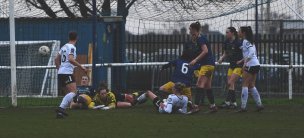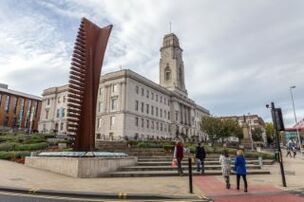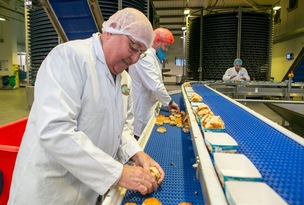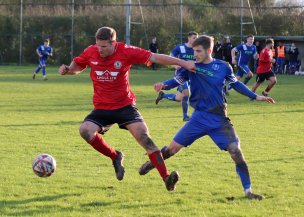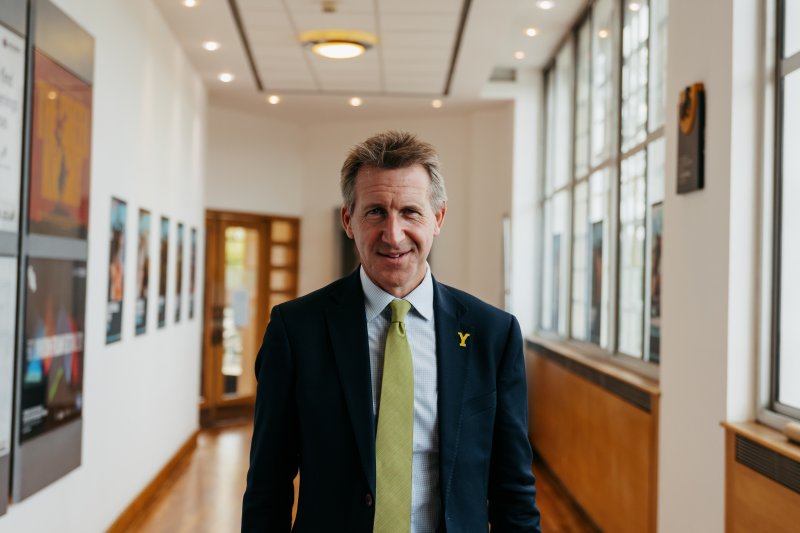Broadband users in Dodworth are considering clubbing together to raise money to improve the speed of their service after BT said it was not financially viable.
People living on the Rose Hill and Water Royd estates have been suffering with slow internet from provider BT which makes downloading and watching films impossible.
John Clapham, of Low Pasture Close, has had internet with BT since 2004 and said it has only marginally improved over ten years - even though the rest of Dodworth and Barnsley enjoy much higher speeds of up 80 megabits per second - to just one megabit.
He started a campaign and has asked BT numerous times to install a street cabinet with fibre optic cables to improve the speed but he was eventually told by BT it was not financially viable.
"If I lived 100 metres up the road, I'd get superfast broadband. We pay the same as people who get faster internet, and we all pay a premium on our phone bill for broadband improvements but we're still having to fund our own broadband improvements. I think it's disgusting."
John, 44, was initially told the street cabinet and cabling would cost £22,000, but with contributions from Barnsley Council and BT, the total amount the residents must find is about £11,000.
He has called a meeting on Sunday to ask residents if they would be willing to make a one-off payment of £50 to cover it.
Radio DJ Simon Hirst, who lives on the Rose Hill Estate has had broadband since 2000 and said slow speeds often interfered with his work and prohibited him from sending and receiving large files he may need for his show.
He added: "It doesn't allow you to watch anything on things like YouTube, it just buffers.
"It's always been bad, but BT just won't upgrade it."
Spencer Grogan, 40, of Langford Close on the Rose Hill Estate, said a lot of people wanted the faster broadband but didn't see why they should have to pay for it.
The meeting will be held at Dodworth Club on Station Road on Sunday at noon.
A spokesman said BT is not under any legal obligation to provide broadband in the way they are obligated to provide a phone service, but added: “To bring higher speed broadband to this community an extremely complex underground network rearrangement is required as the technology put in place decades ago did not take into account the invention of broadband. The underground cabling from the exchange will be rearranged enabling engineers to install a copper and a fibre street cabinet which will give almost all the residents superfast broadband speeds.
“The costs to do this work are not commercially viable however we have worked with the local community and agreed to cover a substantial amount of the costs but have asked the local community to also contribute. On a per household basis this proposal will be very good value for money and transform the way residents can use the internet.”


